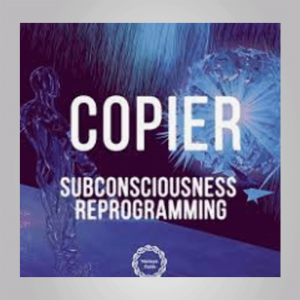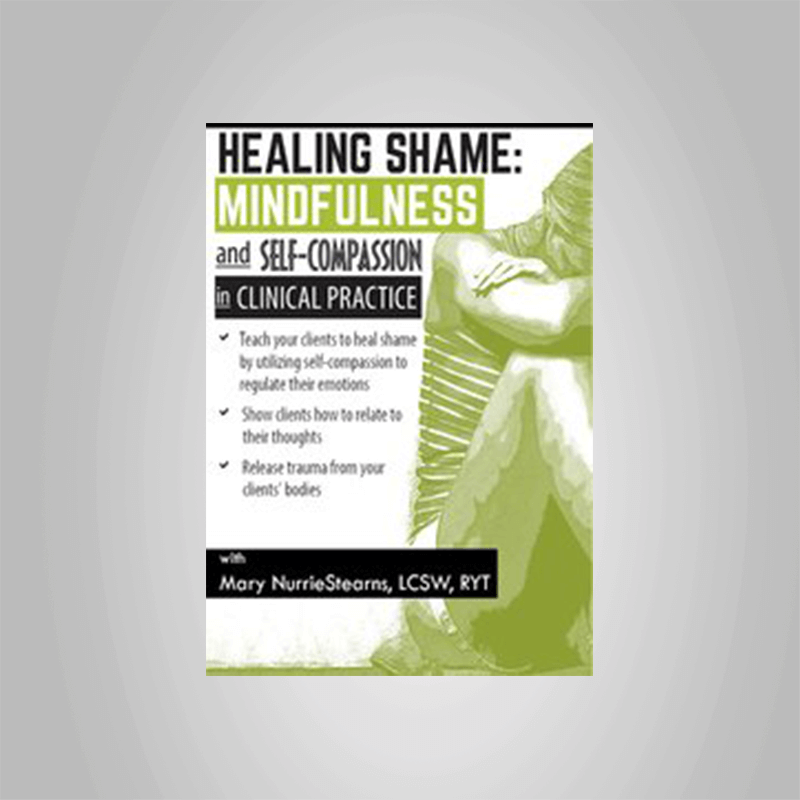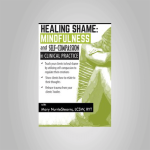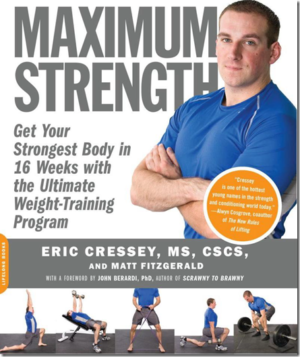Mary NurrieStearns – Healing Shame: Mindfulness and Self-Compassion in Clinical PracticeDescriptionTeach your clients to heal shame by utilizing self-compassion to regulate their emotionsShow clients how to relate to their thoughtsRelease trauma from your clients’ bodiesShame is epidemic, and at times invisible, yet it undergirds addictions, PTSD and depression. Shame needs loving attention so that it can relax its grip on mind and body. As clinicians, we need to approach shame gently and safely so that it is released rather than reinforced.Conclusive research shows that mindful self-compassion releases the body and mind of shame imprints and embeds kindness and understanding in their place. Mindful compassionate practices as therapy interventions are infusing clinical work with hope, healing and positive outcomes.Join Mary NurrieStearns for a highly experiential day of training. Learn how to:Teach your clients to heal shame by utilizing self-compassion to regulate their emotionsShow them how to relate to their thoughtsRelease trauma from your clients’ bodiesAn expert presenter, Mary’s teaching is light-hearted and relevant to your work. Infused with practical clinical examples and practices that you try for yourself this seminar focuses on how to utilize mindful self-compassion as a powerful clinical resource in your day to day work. You will leave the seminar with understandings and skill sets for yourself and your clients.HandoutsManual ZNM051765 (3.57 MB)37 PagesAvailable after PurchaseOutlineToxic ShameInterpersonal origins – cultural, developmental and traumaCauses of shame in men, shame in womenPhysiology and narrative of toxic shameSelf-criticism, self-protection, shame collapse triangleResearch on the Healing Power of Self-CompassionMindfulness as the foundation of self-compassionComponents of self-compassionPhysiology and neuroscience of compassionResearch on how yoga heals toxic shameSelf-compassion as intervention for low self-esteemSelf-compassion for emotional resiliencyRepairing Toxic Shame Using Mindful Self-Compassion SkillsFirst Skill set –cultivating safety with heart centered mindfulness, and/or sensory awareness practiceSecond skill set– emotional regulation and calming body with body centering, gentle yoga movement and/or breathing awarenessThird skill set – naming thoughts, reflection (I am not my story), inquiry and understanding, larger perspectiveFourth skill set– naming and taking care of painful emotions, including grief, with compassionate self-talk, cultivating inner loving motherFifth skill set – using self-compassion to make desired changesPractices of Self-Compassion and Clinical Uses3 part self-compassion letter- embrace shame like loving motherCompassion prayer to self – softening resistance to compassionTonglen practice – link shame to compassionHealing self-touch, comforting self-talk – regulation of painful emotionsSelf-compassion break –accessing self-compassionHeart centered yoga – for healing the physiology of shameExperience these practices for yourselfNecessity of Self-Compassion for TherapistEmpathy vs compassion in your brainImportance of healing presenceModeling self-compassionFacultyMary NurrieStearns, MSW, LCSW, C-IAYT, E-RYT 500Mary NurrieStearns, MSW, LCSW, C-IAYT, teaches seminars and retreats to teach clinicians how to take mindfulness skills, brain based protocols for treating shame and office-based yoga back to their clients. These evidence based clinical interventions move therapy forward by improving emotional regulation, restoring healthy nervous system functioning and cultivating healthier thought patterns. Both mindfulness and yoga practices have brought healing and calm to Mary’s clients and students.Mary provides participants with the latest research results and pulls together the work of experts in the mental health field who are proponents of both practices (i.e. Bessel van der Kolk, Jon Kabat-Zinn). She draws on 37 years as a mental health professional counselor and 27 years of meditation and yoga practice. She is a certified yoga therapist, seasoned yoga teacher and ordained member of Thich Naht Hahn’s Order of Interbeing.Mary is the author of Healing Anxiety, Depression and Unworthiness: 78 Brain-Changing Mindfulness & Yoga Practices (PESI, 2018), Yoga for Anxiety with Rick NurrieStearns (New Harbinger, 2010), Yoga for Emotional Trauma with Rick NurrieStearns (New Harbinger, 2013), Yoga Mind – Peaceful Mind with Rick NurrieStearns (New Harbinger, 2015), and Daily Meditations for Healing and Happiness: 52 Card Deck (PESI, 2016). Mary is the co-editor of Soulful Living (Hci, 1999) and former editor of Personal Transformation magazine. She has produced DVDs on yoga for emotional trauma and depression. Mary teaches across the United States.Speaker Disclosures: Financial: Mary NurrieStearns maintains a private practice. She receives royalties as an author for New Harbinger’s Publishing. Ms. NurrieStearns receives a speaking honorarium from PESI, Inc.Nonfinancial: Mary NurrieStearns has no relevant nonfinancial relationship to disclose.
 Manhattan GMAT (Class Recordings Labs Materials)
₹6,806.00
Manhattan GMAT (Class Recordings Labs Materials)
₹6,806.00
 Maitreya – Copier v3 Subconsciousness Reprogramming Updated
Maitreya – Copier v3 Subconsciousness Reprogramming Updated
Mary NurrieStearns – Healing Shame: Mindfulness and Self-Compassion in Clinical Practice
₹5,810.00






